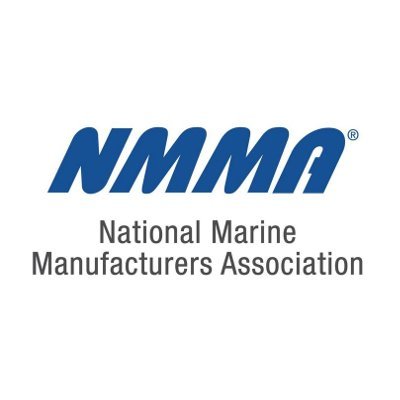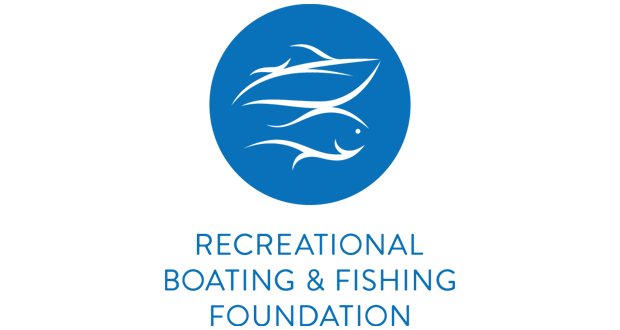Congress introduces boater friendly legislation
WASHINGTON, D.C. — Last week, Representatives Gene Taylor (D-Miss.) and Candice Miller (R-Mich.) introduced legislation to prevent commercial shipping regulations from expanding and burdening family boaters, the National Marine Manufacturers Association reported in a statement today.
In 1973, the EPA recognized that it would be costly and unnecessary to subject recreational boaters to the complex Clean Water Act permitting requirements designed for large point source polluters such as cruise ships, cargo ships, and supertankers and issued those boaters an exemption. A September 2006 U.S. District Court ruling nullified the EPA’s regulation exempting such things as engine cooling water, bilge water, gray water, and even common deck runoff that occur during the normal operation of recreational boats and directed the EPA to rewrite the regulation by September 2008, according to NMMA. The newly-introduced legislation, the Recreational Boating Act of 2007 (H.R. 2550), would enshrine into law the 34-year old exemption for recreational boats.
“The EPA recognized that everyday family boats were not the intended focus of the permitting rules adopted at that time to protect the environment from large pollution sources,” said Monita Fontaine, NMMA vice president and senior counsel. “Unfortunately, overturning this exemption has unintentionally tossed recreational boats into the same category as these commercial ships. While minimizing the exchange of ballast water from one international port to another is very important in reducing the risk of aquatic invasive species, it is equally important not to sweep small recreational boats into the same regulatory scheme. It was clearly never the intention of the law, or the EPA, to treat your day-boater the same as these large ocean-going ships.”
NMMA President Thom Dammrich added that without the new bill, “boaters will face onerous permitting regulations that increase the cost and lessen the enjoyment of boating.”
“Moreover, vessels are already well-regulated under the Clean Vessel Act, the Oil Pollution Act, and the Clean Water Act. There isn’t a need for an additional layer of permitting and regulation for recreational boats,” Dammrich said. “The legislation introduced by Reps. Taylor and Miller is straightforward and responsible, and we applaud them for taking the initiative to protect the nation’s boaters from an unwarranted permitting scheme. Now it’s time for Congress to act before the September 2008 deadline and pass this bill.”
- For more of the latest news, click here.




